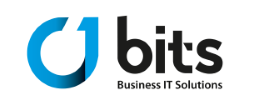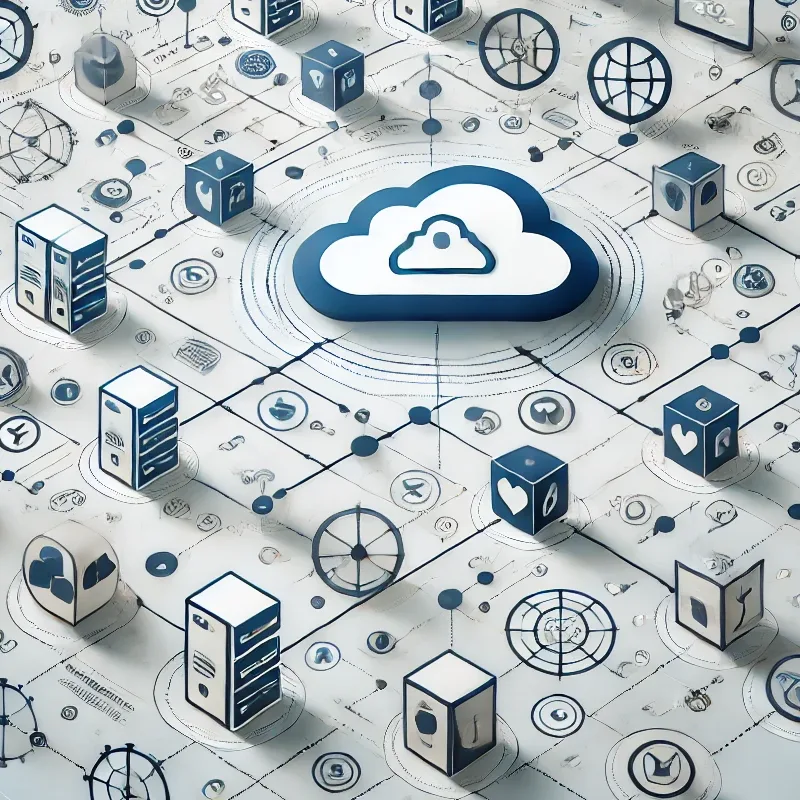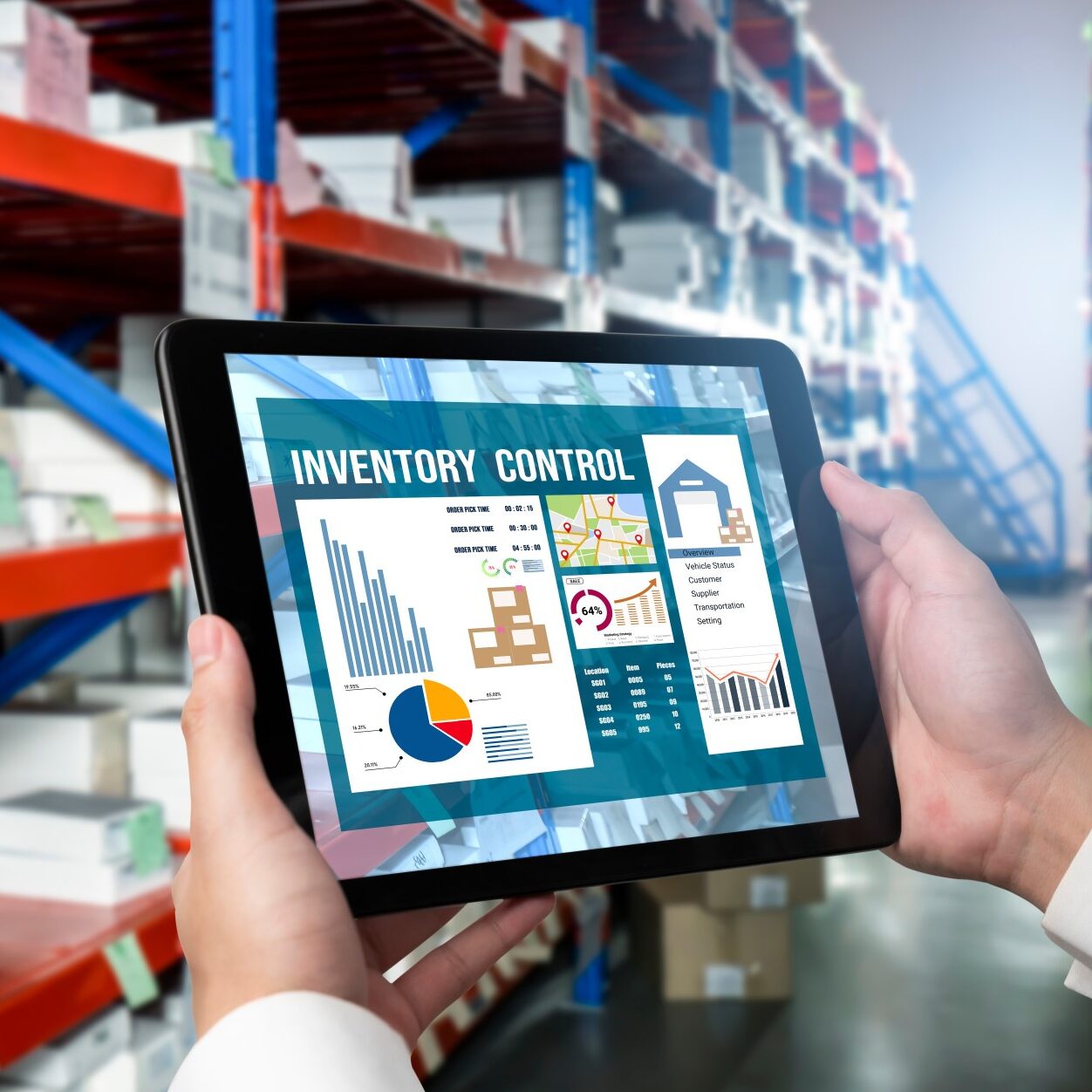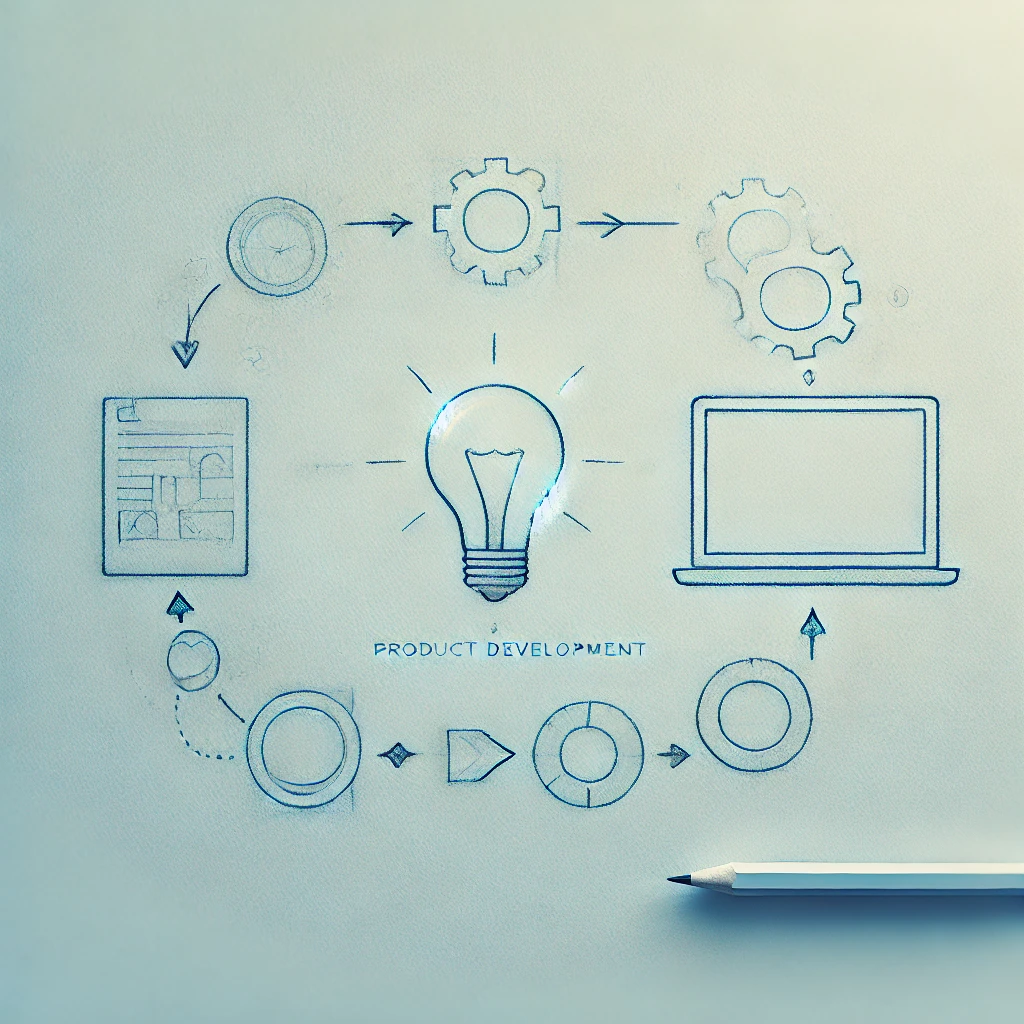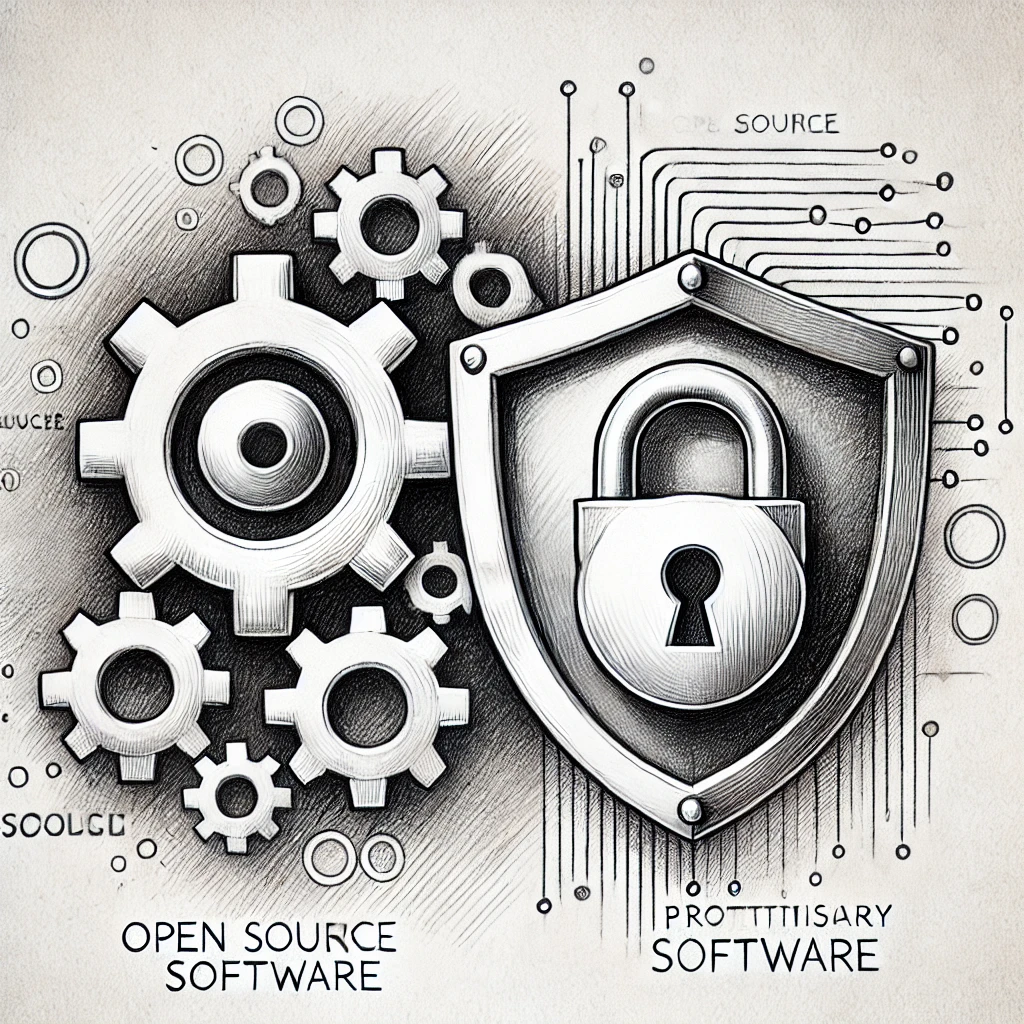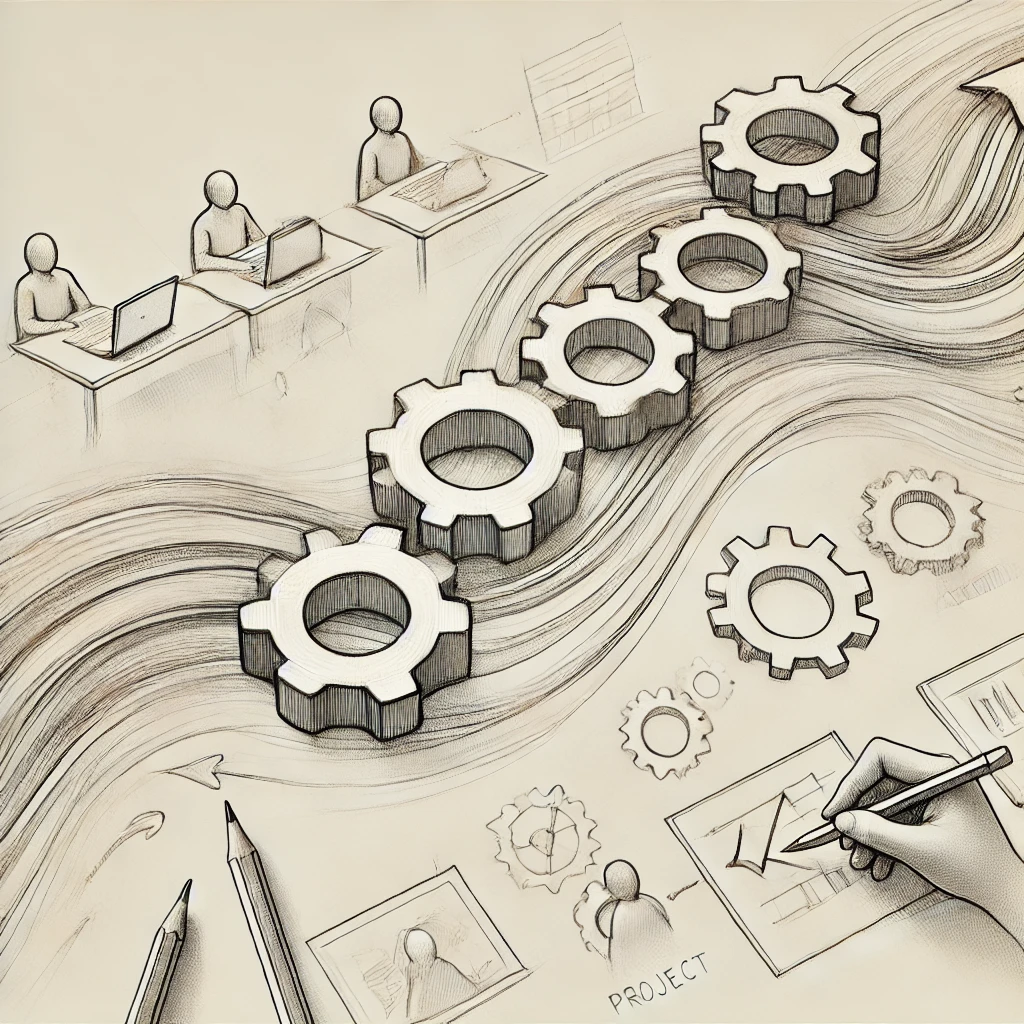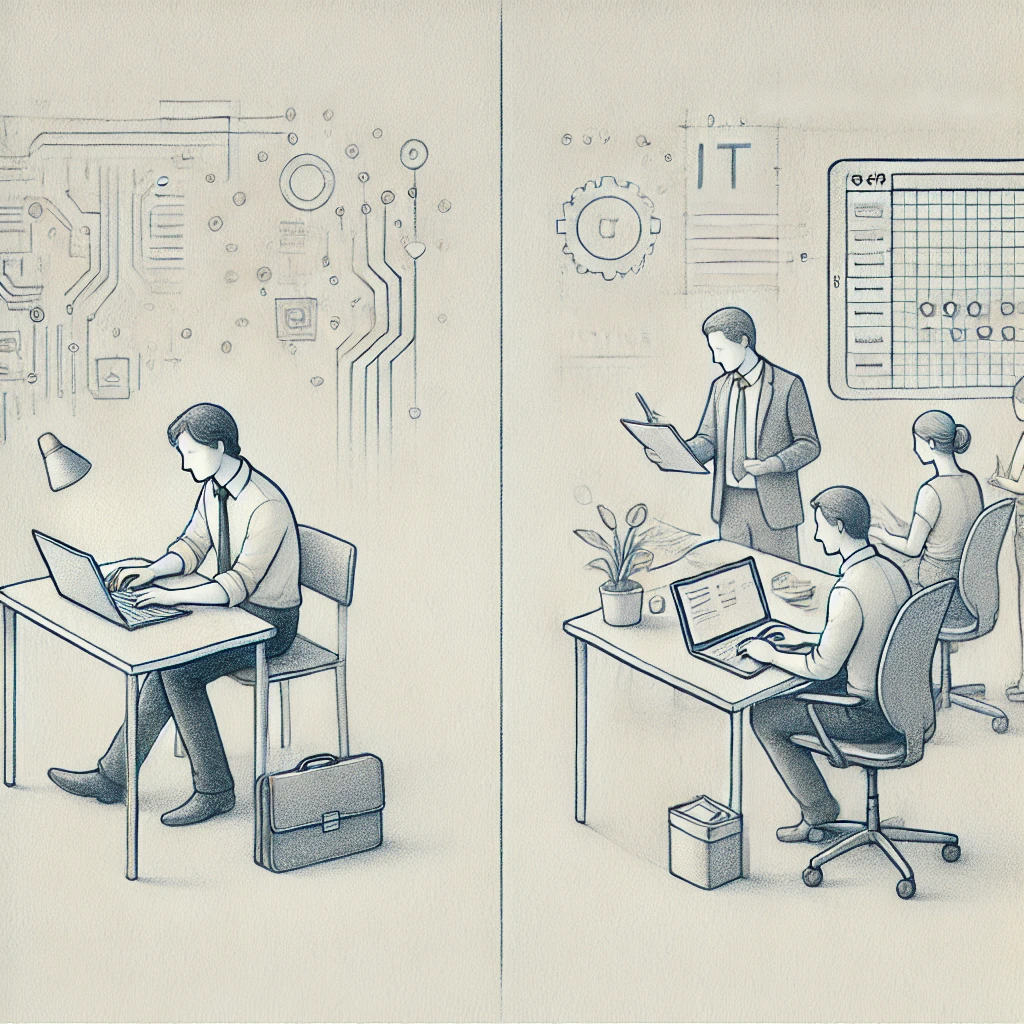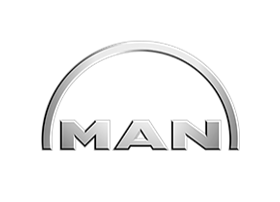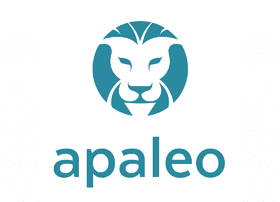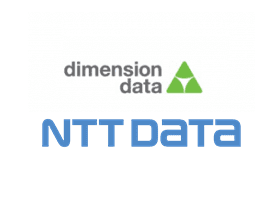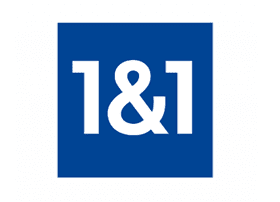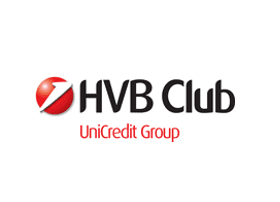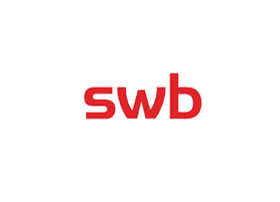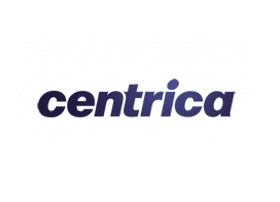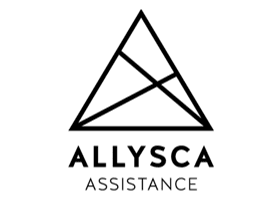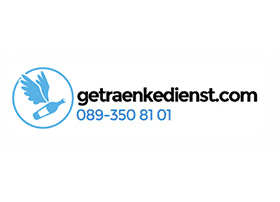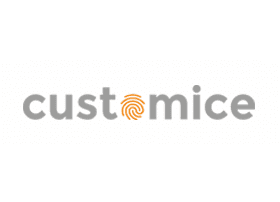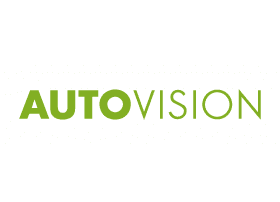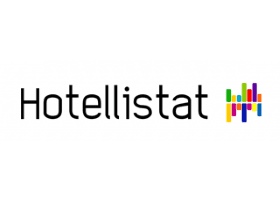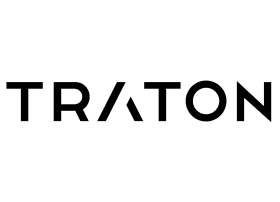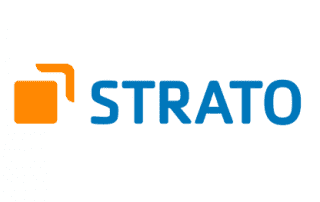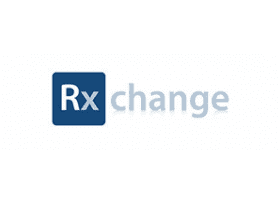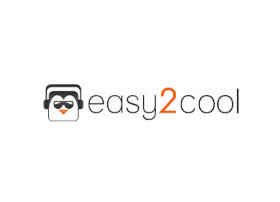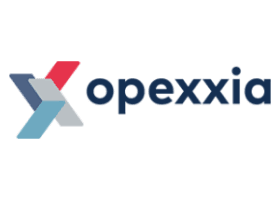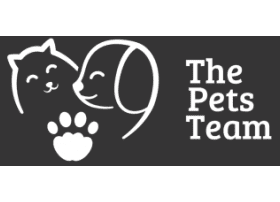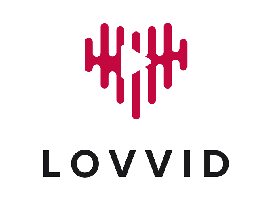Which ERP system is suitable for my company and what should I look out for when selecting one?
– A guide. –
An ERP system (Enterprise Resource Planning) is a central software solution that combines various business processes in a company, such as accounting, warehouse management, sales and HR management. Choosing the right ERP system can be complex, as there are many providers and functions to choose from.
This article explains the most important factors in ERP selection and provides an overview of key criteria for companies of all sizes.

Content
1. define the company’s requirements
Why is a needs analysis important?
Before you start looking for an ERP system, you should carry out a detailed analysis of your company’s requirements. This includes understanding the processes that the ERP system should support. The following aspects should be considered in the requirements analysis:
- Business units and departments: Which departments should use the ERP system? This can include, for example, production, accounting, warehousing, sales or human resources.
- Specific requirements: Every company has specific requirements. A production company needs different ERP modules than a service company. Document the key requirements, e.g. warehouse management, production planning or customer relationship management.
- Future perspective: Plan the ERP system not only for the current status, but also for the future growth of the company. A flexible ERP system supports growth and can be adapted to new requirements.
2. compare ERP options: on-premises vs. cloud ERP
On-premises ERP
With this variant, the ERP software is installed directly on the company’s servers. This solution offers complete control over the system, but requires extensive IT resources for maintenance and updates.
Cloud ERP
Cloud ERP is hosted by the provider in its data centers and provided via the internet. It is particularly suitable for small to medium-sized companies that do not have their own IT infrastructure or prefer flexibility.
Hybrid ERP
Some companies opt for hybrid ERP solutions in which certain applications run locally and others in the cloud. This solution offers flexibility, but is often more complex to integrate.
Selection tip: When choosing between on-premises and cloud, consider your long-term IT strategy, security requirements and scalability.
3. important ERP functions and modules
An ERP system can contain different modules depending on the provider. The most common modules include the following functions:
- Finance and accounting: Management of finances, accounts, taxes and reporting.
- Purchasing and procurement: Support in the management of suppliers and purchasing.
- Warehouse and logistics: Optimization of stock levels and dispatch processing.
- Production and manufacturing: Planning and control systems for production processes.
- Sales and CRM: Functions for maintaining customer relationships and sales processes.
- Human resources: Payroll accounting, management of employee information and support for personnel planning.
Depending on the industry and size of the company, additional modules such as project management, advanced analysis tools or specific production modules may be useful. Make sure that the core functions of your company are covered by the ERP solution.
4. user-friendliness and adaptability
The user-friendliness of the system is crucial, as the ERP software is often used by different departments with different requirements. You should pay attention to the following points:
- Intuitive operation: Choose a system that offers a clear user interface and requires a short training period.
- Customizability: Businesses change over time, so the ERP system should be customizable. The ability to configure workflows and modules without the need for extensive programming knowledge can be a great advantage.
- Mobile accessibility: Many providers offer mobile versions or apps that allow employees to access the system from anywhere.
Selection tip: Carry out tests with different departments and involve future users in the selection decision at an early stage.
5. integration capability with other systems
An ERP system is rarely a company’s only IT system. Make sure that the ERP system is compatible with existing or planned applications, such as CRM software, accounting or time recording systems. Integration capability saves time and resources and ensures a seamless exchange of data.
- API availability: Many modern ERP systems offer APIs that enable easy integration with other systems.
- Data migration and security: The migration of existing data to the new ERP system should be well supported and secure.
- Interface management: Some providers have specialized interfaces for frequently used systems, which makes integration easier.
6. cost structure and budget planning
ERP systems can represent a significant investment. The costs usually include:
- License costs: These vary depending on the provider and the selected license model (e.g. monthly or one-off license fee).
- Implementation costs: The installation and configuration of the ERP system can incur considerable costs, depending on its complexity and range of functions.
- Training and support: Good training and reliable support are essential for the success of the ERP implementation and can result in additional costs.
- Maintenance and updates: On-premises systems require regular updates and maintenance work, which are also associated with costs.
Before you decide on a system, you should draw up an overall budget plan and keep an eye on the long-term costs.
7. select providers and check references
The selection of the ERP provider is just as important as the selection of the system itself. Make sure that the provider has experience in your industry and a good reputation. Here are a few steps to help you find the right provider:
- Obtain references: Ask the provider for references and testimonials from other customers, ideally from the same industry.
- Test a demo version: Test a demo version to ensure that the system meets your requirements and is user-friendly.
- Service Level Agreements (SLAs): Clarify the service agreements and ensure that the provider offers fast and reliable support.
- Long-term cooperation: As an ERP system is often used for many years, a good relationship with the provider is particularly important.
8 Conclusion: Finding the optimal ERP solution for your company
Choosing the right ERP system is crucial for the efficiency and growth of your company. By precisely defining the requirements, evaluating different ERP solutions (on-premises, cloud or hybrid) and paying attention to user-friendliness, integration and costs, you will find the optimal solution. Seek advice from ERP providers and check references to make an informed decision.
The experts at BITS GmbH are on hand to help you select, implement and customize an ERP system. With many years of experience and in-depth industry knowledge, we support you in every step of the ERP implementation process. Contact us for comprehensive advice and a non-binding discussion about your requirements.
GET IN TOUCH WITH US
“We are happy to support you in the selection or implementation of your ERP solution. We look forward to hearing from you.”
Marc Schallehn, Managing Director BITS GmbH
Email: [email protected]
Phone: +49 (0)89 121 585 50

Gerne unterstützen wir Sie bei Ihren IT Projekten. Ich freue mich über Ihre Kontaktaufnahme.
OUR CUSTOMERS AND PARTNERS
OUR CUSTOMERS AND PARTNERS
Gemeinsam, zuverlässig und langfristig wollen wir als IT-Dienstleister Sie bei Ihren IT-Vorhaben unterstützen. Eine Auswahl unserer Kunden, Partner sowie Branchen finden Sie in diesem Abschnitt.

